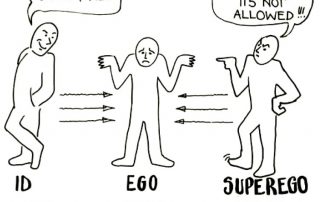Preparing for ‘Embodied Intersubjectivity in the Clinic’ with Shaun Gallagher
Preparations for the Conference In a conference dedicated to conceptual clarification with the help of a philosopher, I thought we better make sure that we’ve got our terms straight, and that we all know what we’re talking about. Therefore, in the build-up to the conference, I wanted to prepare the [...]



